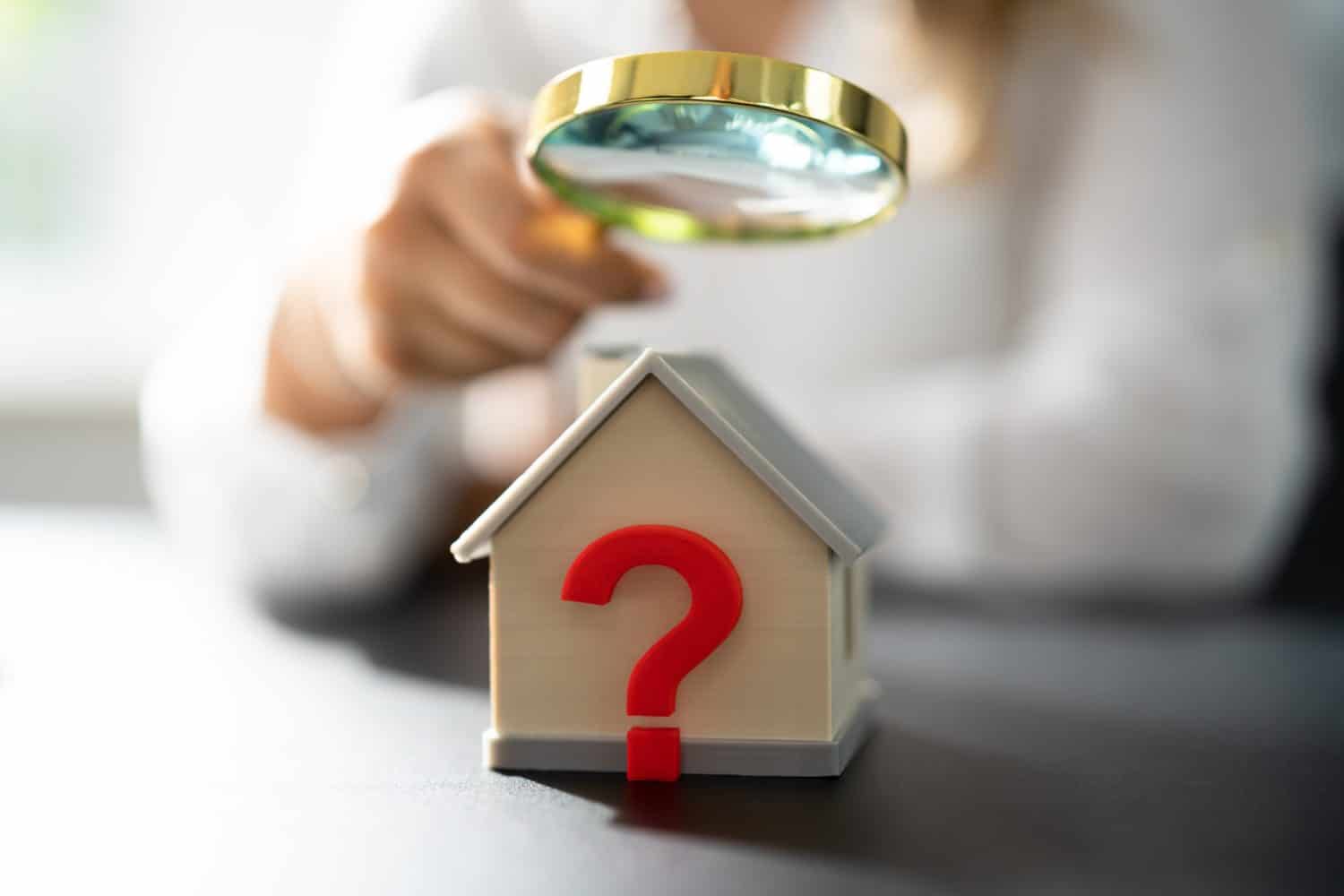
Baby boomers are the largest generation in recorded history, and many of them are set to retire in a few years. While baby boomers tend to be wealthier than younger generations, that doesn’t mean they have all of their finances together. Some baby boomer money myths have led to missed opportunities, and you don’t want to fall for them.
These are some of the most prominent money misconceptions that have been debunked over the years.
Key Points
-
Common baby boomer money myths can lead people astray from long-term goals.
-
It’s best to know what the misconceptions are before they hurt your finances even more.
-
4 million Americans are set to retire this year. If you want to join them, click here now to see if you’re behind, or ahead. It only takes a minute. (Sponsor)
You Must Pay Off Your Mortgage As Quickly As Possible

A desire to pay off the mortgage as quickly as possible reflects how many people aren’t able to distinguish between good debt and bad debt. While you want to pay bad debt like high-interest credit card balances right away, it’s better to keep good debt.
Good debt consists of financial obligations with low APRs that advance your long-term financial goals. For instance, anyone who managed to secure a mortgage with a 3% APR shouldn’t rush to pay it off. It’s easy to generate a higher return in the stock market, especially if you consider compound growth rates.
While becoming debt-free is a relief for many people, you don’t want to pay off low-interest debt early when you can deploy your capital into better investments.
Credit Cards Are Bad

Irresponsible credit card use is bad, but paying off your balance at the end of each month turns your credit card into a free rewards machine. Some baby boomers view credit cards as bad in general due to their risk without considering the upside.
While it’s easy to focus on high APRs, look at what else a credit card offers. Some credit cards offer unlimited cashback, while others offer incredible travel rewards that can help you save a lot of money on vacations. Credit cards are powerful financial tools that can assist with your long-term goals if you use them responsibly.
You Must Make a 20% Down Payment

Many people strive to become homeowners, and while most of the housing units belong to boomers, a misconception can keep it that way. There’s a popular notion that you must make a 20% down payment to buy a house.
However, you only need to make a 3% down payment with a conventional mortgage if you have a sufficient credit score and debt-to-income ratio. Consumers with 500 credit scores can get away with a 10% down payment if they use FHA loans.
It’s easier to understand why this money myth persists. You need to reach 20% equity in your home before private mortgage insurance goes away. Some boomers prefer to avoid the monthly premiums and make a 20% down payment so they don’t have to deal with private mortgage insurance. However, you can take on private mortgage insurance for a few years in exchange for getting more mileage out of your money.
You can buy a house much sooner if you only make a 3% down payment instead of a 20% down payment. Granted, that is a significant decision, and you have to check your finances to ensure you can keep up with monthly mortgage payments if you only put down 3%.
Cash Is King

“Cash is king” is a popular money phrase that is completely inaccurate. Inflation makes cash a horrible investment that loses value each year. The dollar you kept in 1980 is a lot less useful now than it was back in the day. That trend has been a mainstay for many years, demonstrating how cash falls behind rising costs.
Putting your cash to work in assets like stocks and real estate can produce higher returns. Some of these assets also do a good job of shielding your portfolio from inflation.
You Can Go Back to Work After Retirement If You Need To

While you can technically go back to work after retirement, it’s a lot harder for two reasons. The first reason is that you are older and have a gap in your resume. Employers may prefer to hire young workers who can commit many years to an organization versus a returning retiree who might only be able to commit 1-3 years to the organization. While it’s not necessarily fair, it’s how some companies may think.
The second reason is that you may contract health conditions during retirement that make it impossible to work. Healthcare is one of the biggest expenses people face in retirement, and it can catch people by surprise. When you retire, don’t assume that you can go back to work. It’s good to hope for the best while preparing for the worst.
Take Charge of Your Retirement In Just A Few Minutes (Sponsor)
Retirement planning doesn’t have to feel overwhelming. The key is finding expert guidance—and SmartAsset’s simple quiz makes it easier than ever for you to connect with a vetted financial advisor.
Here’s how it works:
- Answer a Few Simple Questions. Tell us a bit about your goals and preferences—it only takes a few minutes!
- Get Matched with Vetted Advisors Our smart tool matches you with up to three pre-screened, vetted advisors who serve your area and are held to a fiduciary standard to act in your best interests. Click here to begin
- Choose Your Fit Review their profiles, schedule an introductory call (or meet in person), and select the advisor who feel is right for you.
Why wait? Start building the retirement you’ve always dreamed of. Click here to get started today!
Thank you for reading! Have some feedback for us?
Contact the 24/7 Wall St. editorial team.




